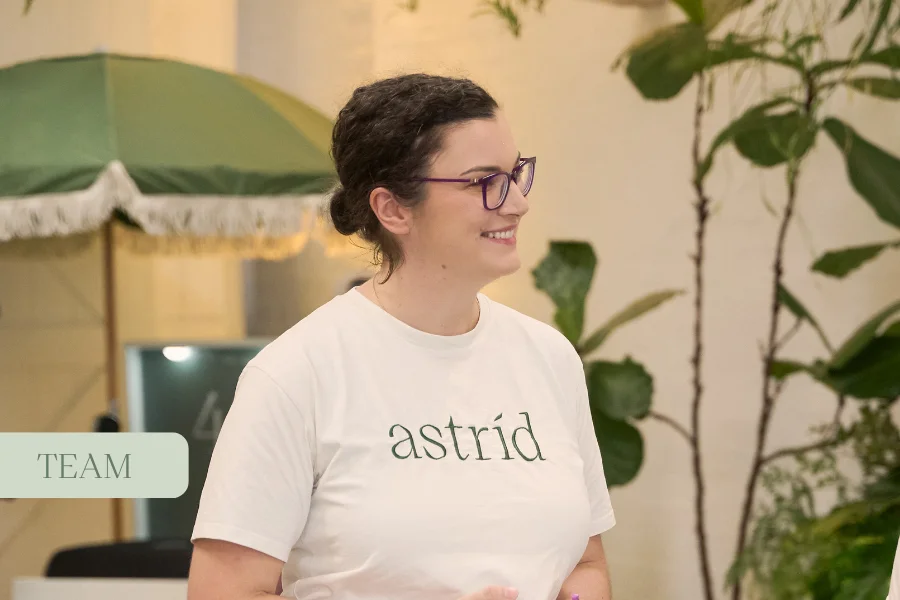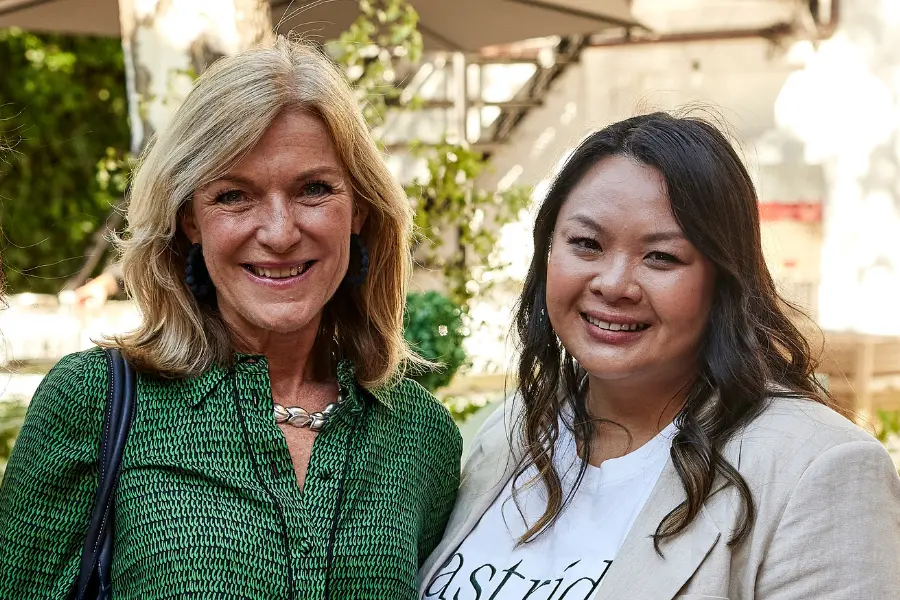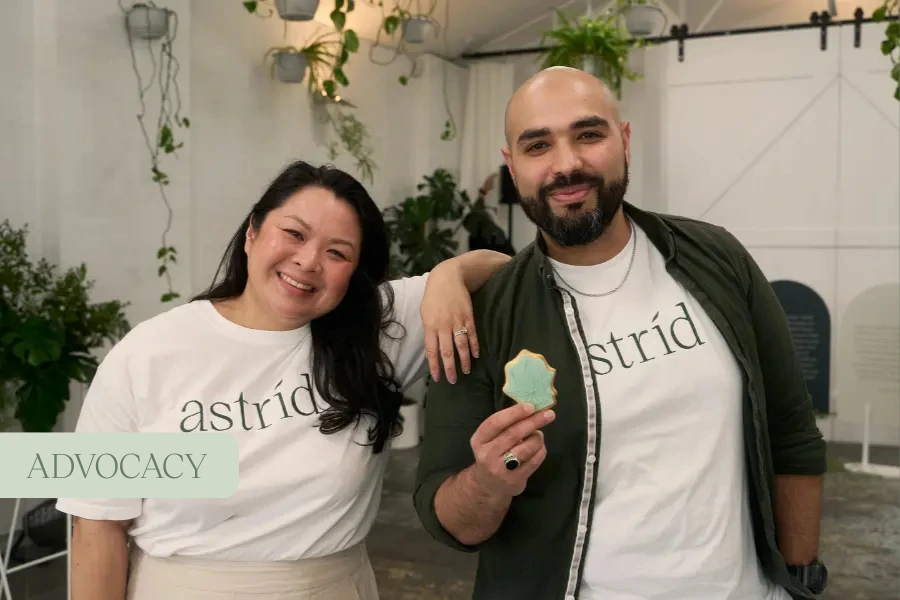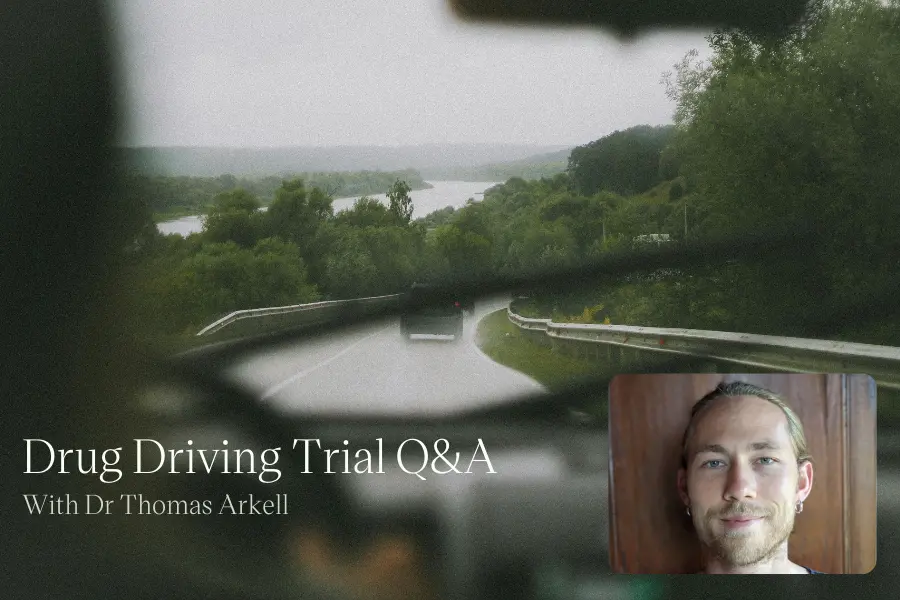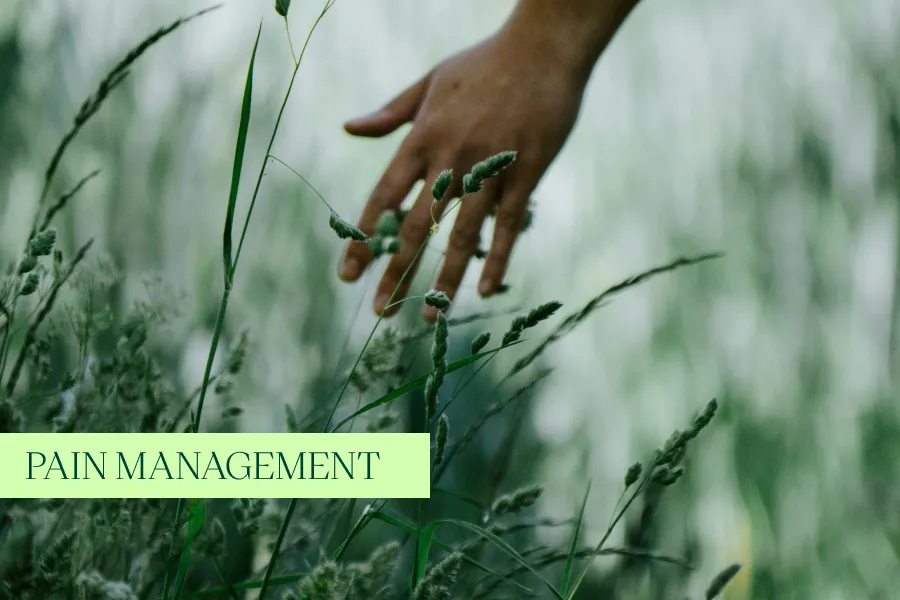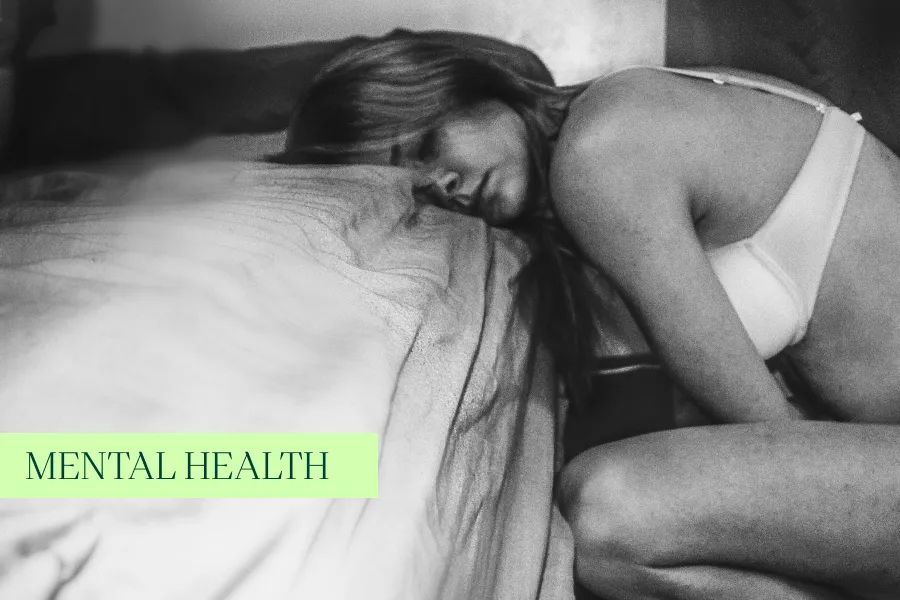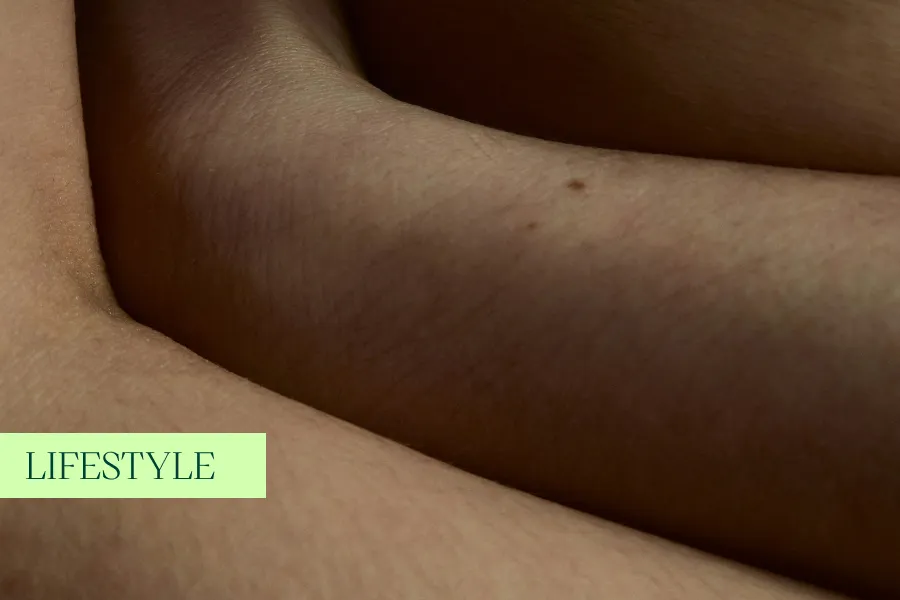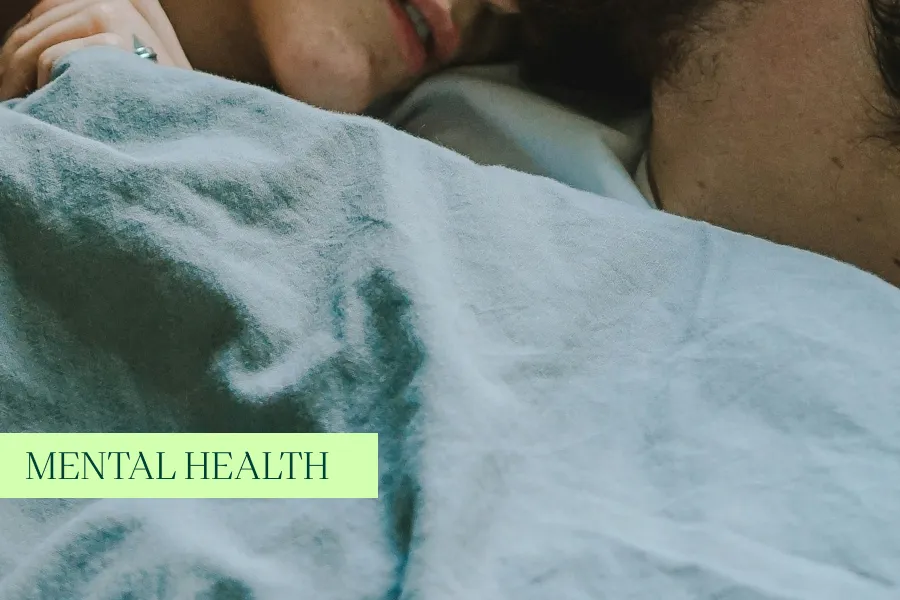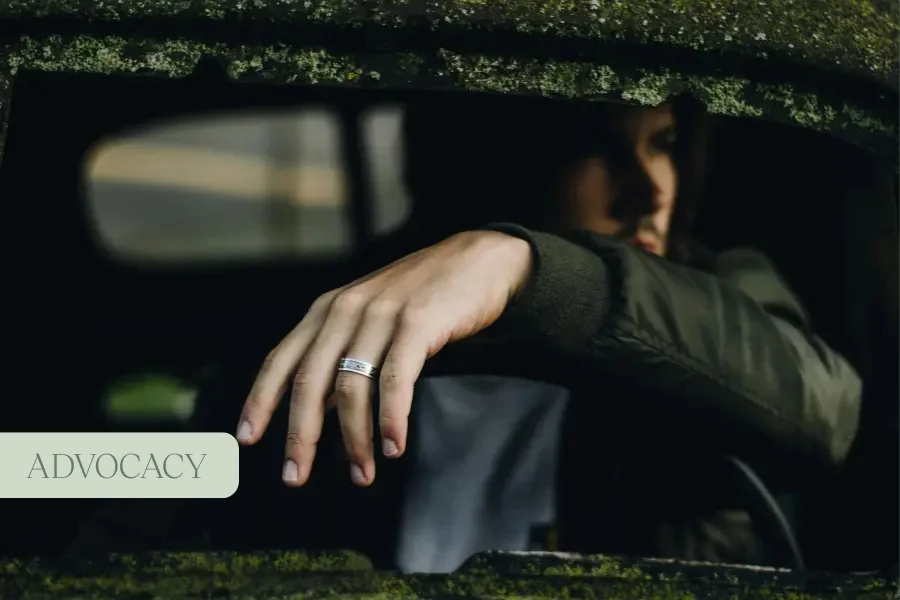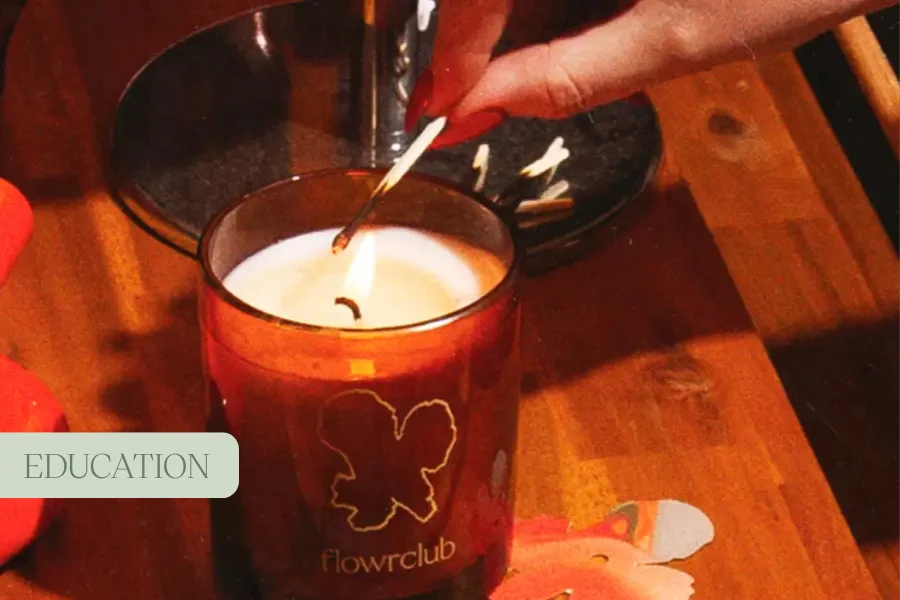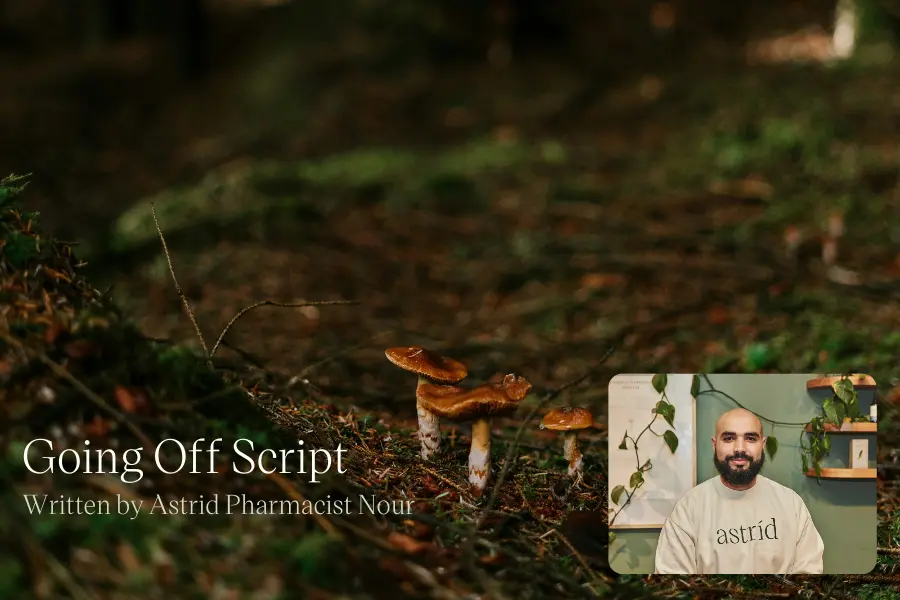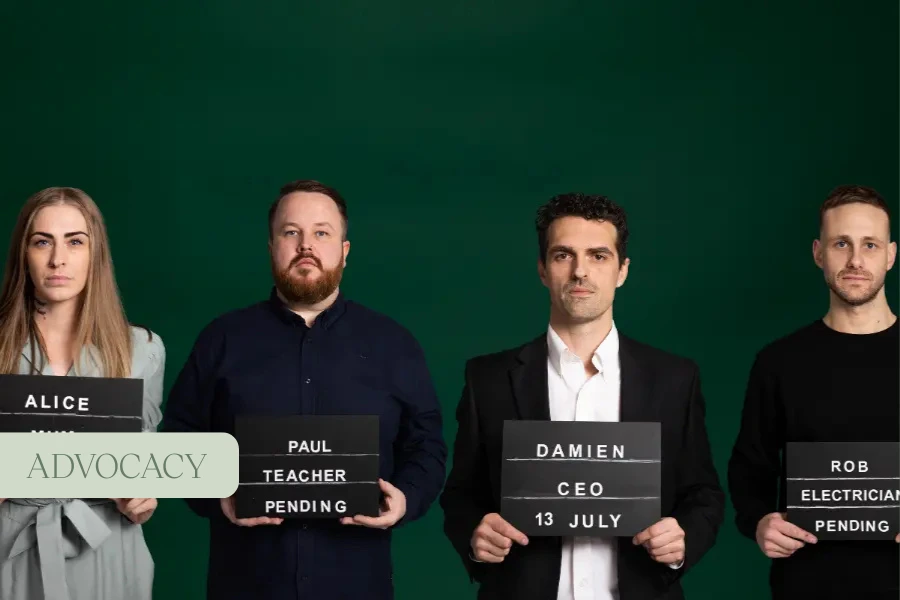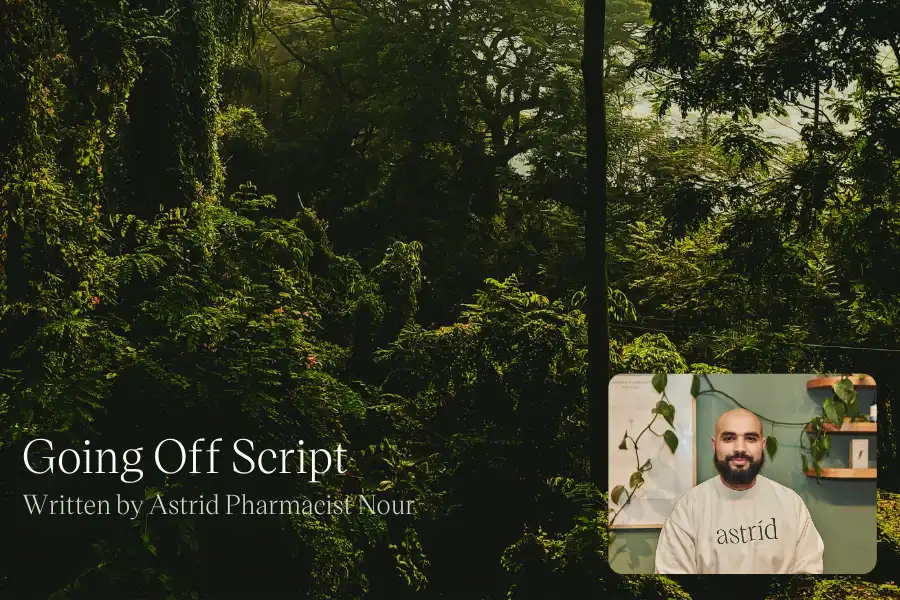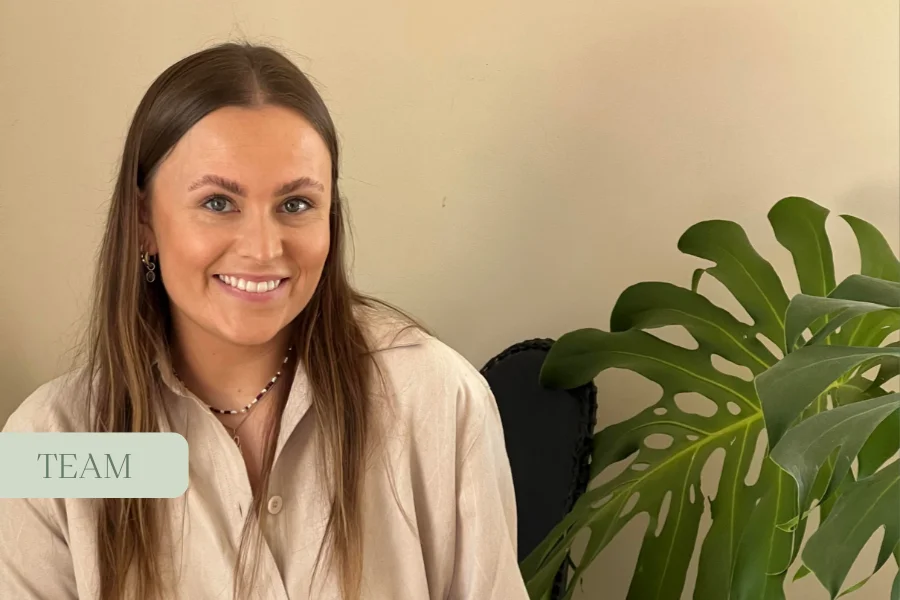For holistic health to live up to its name, it must account for the full picture: mental, emotional, physical, cultural, and spiritual wellbeing.
Across the world, treatments like Ayurveda, spiritual healing, and community-led care have long supported health in ways Western medicine is only beginning to acknowledge. When we make space for these diverse perspectives, we don’t just make health more inclusive, we make it more effective.
Strong social ties and cultural belonging are powerful predictors of health. It has been found that social isolation and loneliness are associated with a 29% and 26% increased risk of all-cause mortality, respectively. Meanwhile, studies on Indigenous and ethnic minority communities consistently show that a strong cultural identity is linked to better mental health and resilience, even in the face of structural disadvantage.
Community and culture aren’t just social features; they’re health tools. They influence how people understand symptoms, access support, and navigate recovery. In many cultures, illness is seen as relational or spiritual, not just physical, and healing might involve prayer, ceremony, or traditional remedies alongside medical care.
Sri Lanka offers a compelling example of how traditional medicine coexists with modern care. Ayurveda is a holistic system of traditional Indian medicine that focuses on restoring balance in the mind, body, and spirit. The country’s Ayurvedic system is deeply embedded in public health: around 40–59% of the population regularly uses Ayurveda for everyday health needs. These practices are not “alternative”. They’re trusted, government-supported, and widely used. In rural communities, people often consult Ayurvedic practitioners for injuries, digestive issues, and chronic pain before seeking Western treatment.
Globally, the World Health Organization (WHO) reports that 170 countries, making up 88% of WHO Member States, acknowledge the use of traditional and complementary medicine in their national health systems, a testament to the cultural relevance of these practices. From acupuncture in China to curanderos in Latin America, people around the world seek care that reflects their beliefs, values, and context.
Rather than dismissing these systems, a growing movement within global health is calling for respectful integration. When traditional practices are combined with evidence-based care, and when patients feel seen in their cultural identity, outcomes often improve. Respect is a form of medicine, too.
Culture also shapes how people perceive mental health, and how willing they are to seek help. In Japan, societal values like endurance, privacy, and “saving face” have historically contributed to silence around psychological distress. Mental illness is still heavily stigmatised, and only around 6% of Japanese people have ever used counselling services, compared to more than 50% in countries like the US and UK.
This reluctance has real consequences. Japan has a high suicide rate among developed nations, and issues like hikikomori (severe social withdrawal) remain widespread. But things are shifting. Data compiled by the Ministry of Health, Labor, and Welfare based on statistics from the National Police Agency shows there were 20,268 suicides in Japan in 2024. This was a decrease of 1,569 from the previous year and the second-lowest total since records began in 1978. New government suicide prevention policies, growing mental health education in schools, and a younger generation more open to therapy are beginning to move the dial.
The lesson? Mental health care isn’t just about access, it’s also about cultural framing. Messaging, language, and treatment approaches must reflect how people see the world. Without that, support can miss the mark.
Every year, the Nordic nations top the World Happiness Report. Countries like Finland, Denmark, and Norway consistently rank highest for life satisfaction, and they also boast strong public health outcomes, from long life expectancy to low mortality rates, especially from preventable and treatable causes.
What sets them apart is not just money. It’s a culture of trust, equality, and social support. These countries offer universal healthcare, generous parental leave, and policies that promote work-life balance. In Norway, for instance, the average workweek is between 27-34 hours, leaving more time for rest, relationships, and joy.
Happiness itself has been linked to better immune function, lower inflammation, and longer life expectancy. But the takeaway isn’t that we all need to live like Scandinavians. It’s that health thrives where people feel secure, supported, and socially connected. And that looks different in every culture.
So what happens when healthcare ignores cultural context? People disengage. They delay care. They feel misunderstood, or worse, discriminated against.
Culturally responsive care isn’t just idealistic, it improves outcomes. Studies show that when providers reflect the communities they serve and adapt care to cultural needs, patient satisfaction and adherence increase. In Indigenous communities, working alongside traditional healers has improved health outcomes and trust in public health programs.
Representation matters at every level, from the clinic to the lab. When medical studies include diverse populations, treatments become more effective for more people. When practitioners speak your language or understand your worldview, care feels safer.
A holistic health system benefits everyone. Holistic health means seeing the whole person, and that includes their cultural, spiritual, and community roots. Wellness takes many forms. What unites them is a sense of connection: to self, to others, to place, and to tradition.
At Astrid Health, we believe that diversity is not a barrier to health, it’s the key to it. By listening deeply, making space for different ways of healing, and celebrating cultural knowledge, we can create a system where everyone sees themselves reflected in their care.
Health isn’t just what happens in a clinic. It’s what happens in a community. Follow @astrid.dispensary and see how we’re reimagining care — with heart, with purpose, with you.

